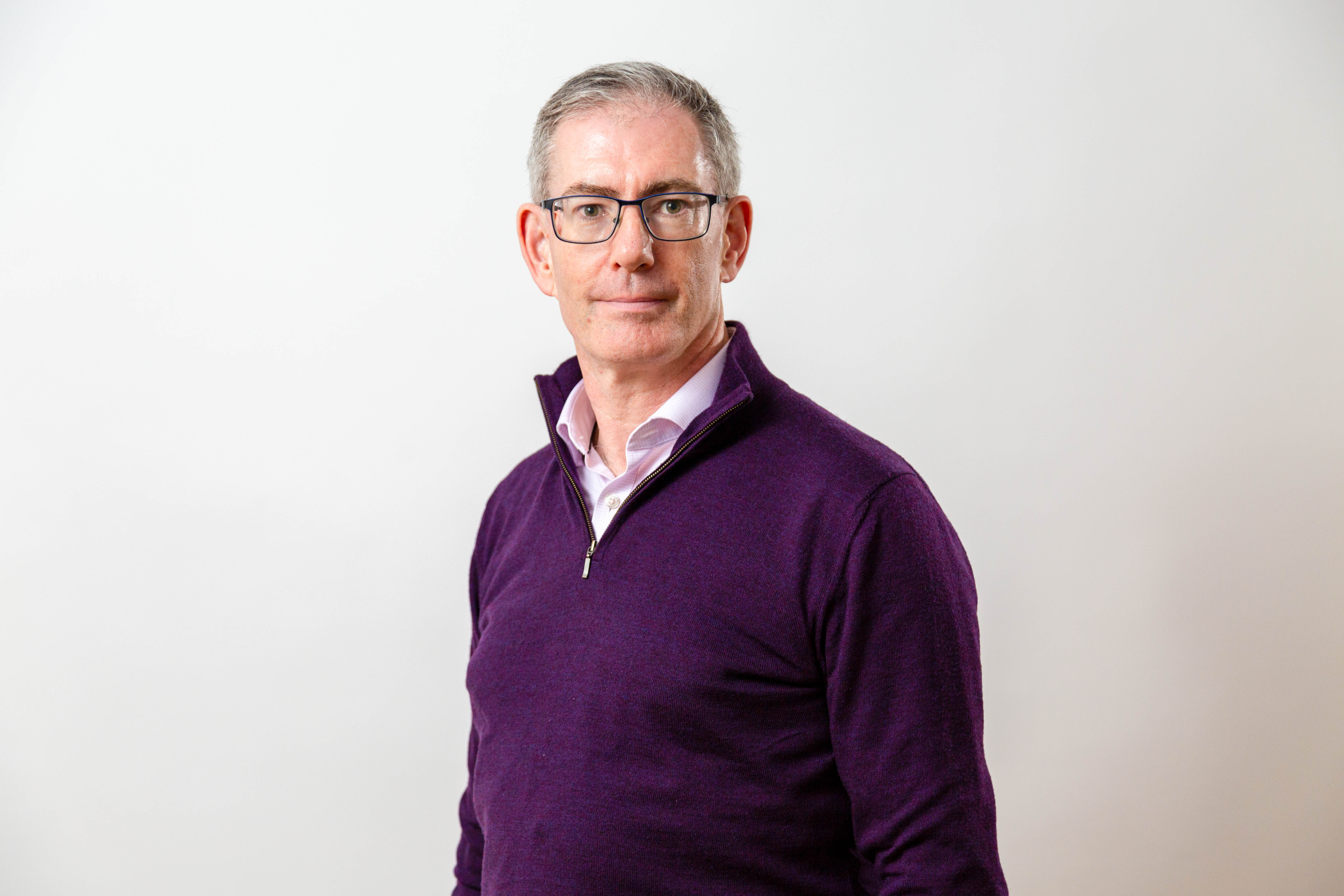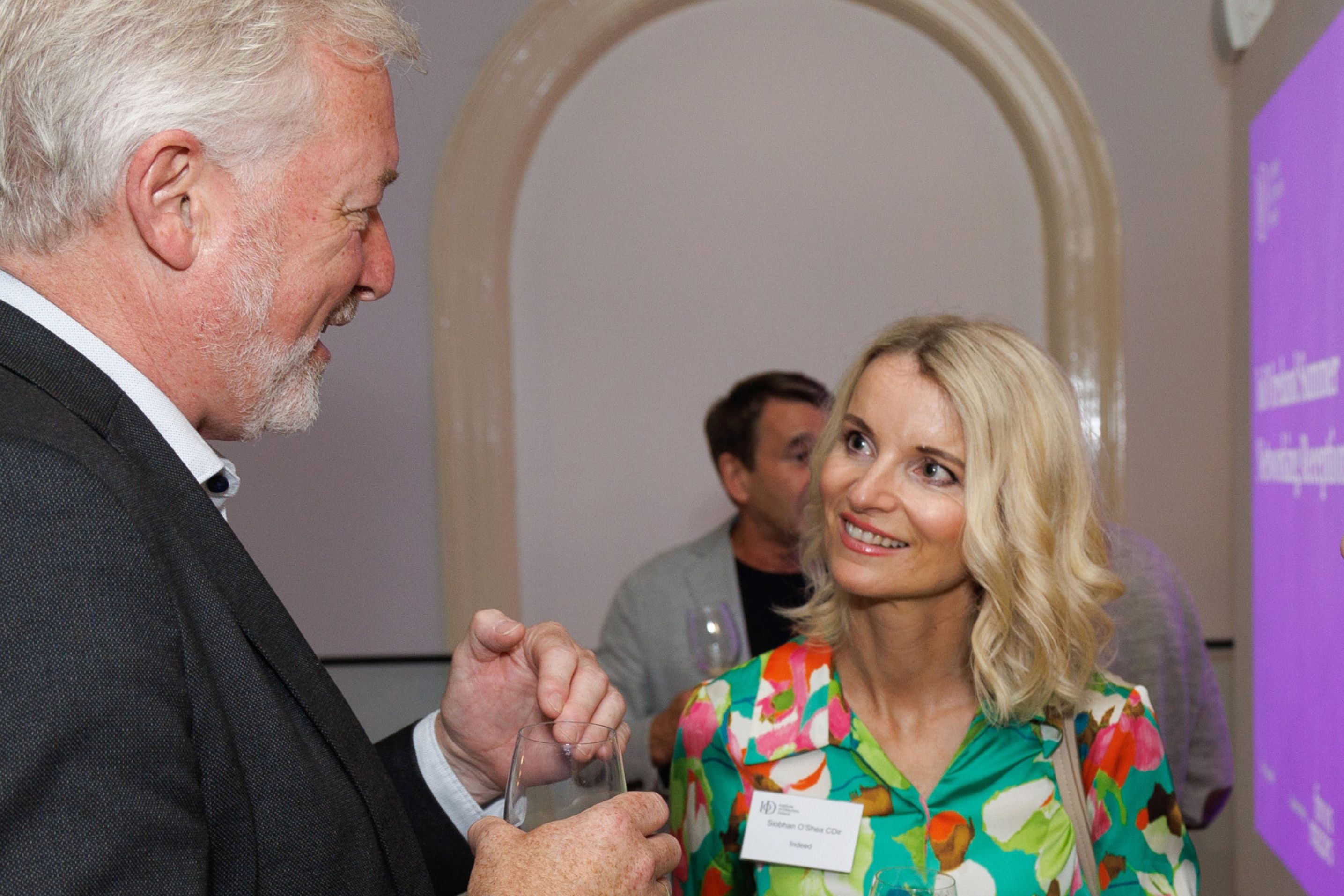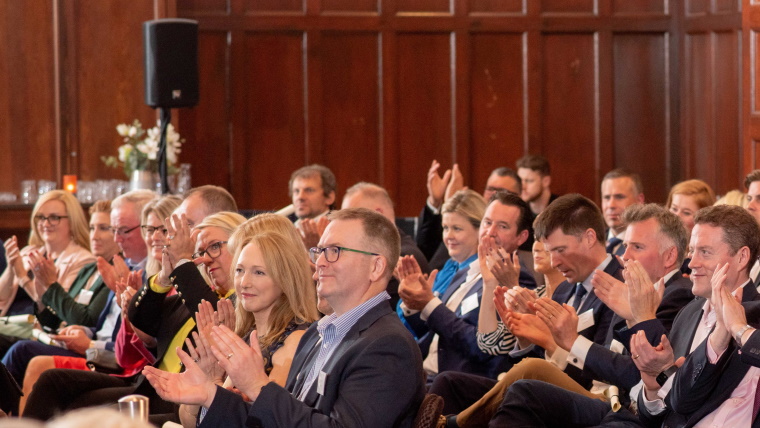
Derek Hardiman
Chief Technology Officer, Abbey Capital
Derek Hardiman is CTO at Abbey Capital, driving technology strategy and operations. He also serves on key committees, focusing on innovation, cybersecurity, and resilience.
Tell us more about your background
I am Chief Technology Officer (CTO) at Abbey Capital, a Dublin-based alternative investment management firm. I leads the firm's technology strategy, development, operations, and infrastructure, ensuring that Abbey remains at the forefront of innovation across all areas of its business.
In addition to my role as CTO, I am a member of the Leadership Team, the Operational Due Diligence Team, and the Risk Committee, where I bring a strong focus on technology, cyber-security, and operational resilience. I also co-chair the Cyber and Technology Group of the Alternative Investment Management Association (AIMA). I am a regular speaker at investment and technology conferences, including the HFM Future of Fund Technology Summit. I share insights on emerging trends in fund technology, artificial intelligence, cyber-security, and the evolving role of technology in alternative investments.
I hold an MBA from the UCD Michael Smurfit Graduate Business School and a BSc in Applied Computing from WIT (now SETU).
What is the one characteristic that you believe every leader should possess?
Authenticity, underpinned by humility. I believe that if you want to be successful you have to be true to yourself and honest with others. Authentic leaders build trust because they act consistently with their values, even when it is difficult. At the same time, humility reminds us that leadership is not about having all the answers but about listening, learning, and respecting the experiences of others. The ability to walk in someone else's shoes — to truly understand different perspectives — strengthens decision-making and helps create teams that feel empowered and valued.
What is the most important lesson, from your personal or business life, that has guided you the most in being a business leader?
One of the most important lessons I've learned is the value of believing in yourself and your abilities — while also recognising your limitations. Confidence is essential for leadership, but so is the humility to know when to seek out advice, collaborate with others, and rely on the strengths of your team. No one leads successfully in isolation.
How did the Chartered Director programme support your role as a director and business leader?
The IoD Chartered Director Programme is excellent — not just for the quality of the content, but for the invaluable insights into the organisations and experiences of your cohort members. Similar to my experience when completing my MBA, the shared learning within each cohort is incredibly valuable.
What do you value most about being a member of IoD Ireland?
I value the sense of community and continuous learning that IoD Ireland fosters. It provides access to a wealth of knowledge, expert perspectives, and practical supports that help directors stay ahead of the curve.
Is there someone who has had a major impact on you as a leader? Why and how did this person impact your life?
I have been very lucky to have worked with some great leaders throughout my career. I’ve tried to take learnings from each of them and blend those lessons into my own leadership approach. Observing different styles — and seeing what works in different situations — has been hugely influential in shaping how I lead.
What are the biggest business challenges or/and opportunities that you have seen over your career to date? And how did you help to overcome or/and optimise these?
One of the biggest challenges — and opportunities — has been navigating the pace of technological change. Technology has fundamentally reshaped how we deliver services, engage with customers, and run our businesses. I have focused on ensuring that technology initiatives are always tied to business strategy, not just operational efficiency. Success has come from fostering a culture of adaptability, encouraging ongoing learning, and always keeping the customer impact in mind.
How do you think business leaders can best prepare for the future?
As a technologist, I would say it’s essential to stay close to the evolving tech landscape and understand the impact it has on our businesses, how we lead, and how we serve our customers. Beyond technology, leaders must also be adaptable, open to change, and committed to continuous learning — both for themselves and their teams.
What advice would you offer to new or aspiring directors in Ireland?
Be curious, stay true to your principles, and invest time in understanding good governance. Being a director is about balancing support and challenge — asking the right questions, even when they are difficult. Build strong networks, learn from others, and never underestimate the value of independent judgment and integrity.

